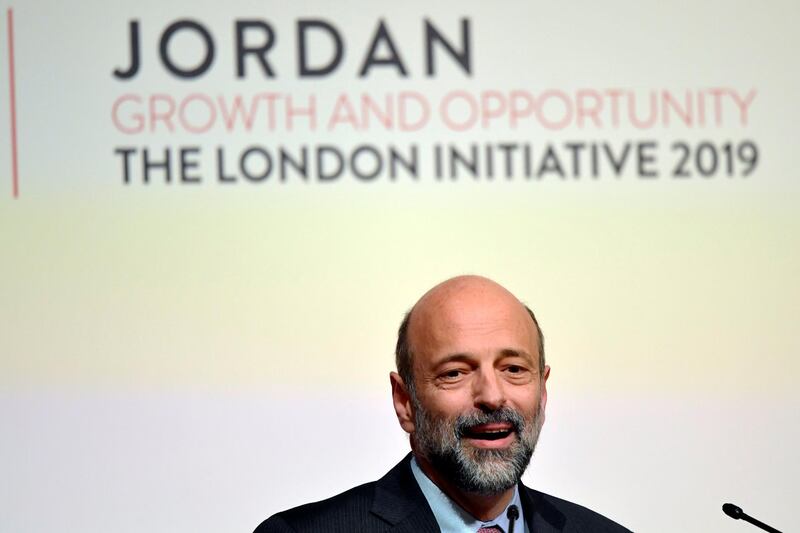Last week, business and political leaders gathered in London for an event titled Jordan: Growth and Opportunity. The aim of this conference was to help chart a path into a prosperous future for a historic and strategically important nation that has been struggling with debt, unemployment and an intractable refugee crisis. To alleviate its situation, the kingdom took a $723 million loan from the International Monetary Fund in 2016. Since then, Jordan has done its best to meet the IMF's recommendations, implementing unpopular austerity policies that led to demonstrations on its streets last year.
Fortunately, it appears that these difficult steps are getting the country somewhere. Last year, the UAE, Saudi Arabia and Kuwait signed over $2.5bn to stabilise the economy. At the conference, the UK underwrote a $250m loan from the World Bank and provided £25m for education. The European Investment Bank has also announced that it will open a new office in Amman, the nation's capital, to monitor $1bn in investment, which it plans to make in two years. Building a healthy economy is vital in ensuring that Jordan remains a safe and stable presence in a precarious region. Key to achieving this goal is listening to the needs of those most affected by economic problems – in this instance, young people.
In 2018, 37 per cent of Jordanians aged between 20-24 were unemployed. But young Jordanians are not letting their voices go unheard. Youth delegates from the Crown Prince Foundation – headed by the Jordanian monarch King Abdullah’s son, Crown Prince Al Hussein bin Abdullah II – shared their concerns at the conference. Chief among them were the importance of a streamlined and efficient public transport system and the need for public money to be invested in the provinces and not just reserved for Amman. It is clear that Jordan still has some way to go before it achieves its goals, but if anyone can help drive change, it will be young people like these. After all, King Abdullah doesn’t call them Jordan’s “powerhouse” for nothing.





